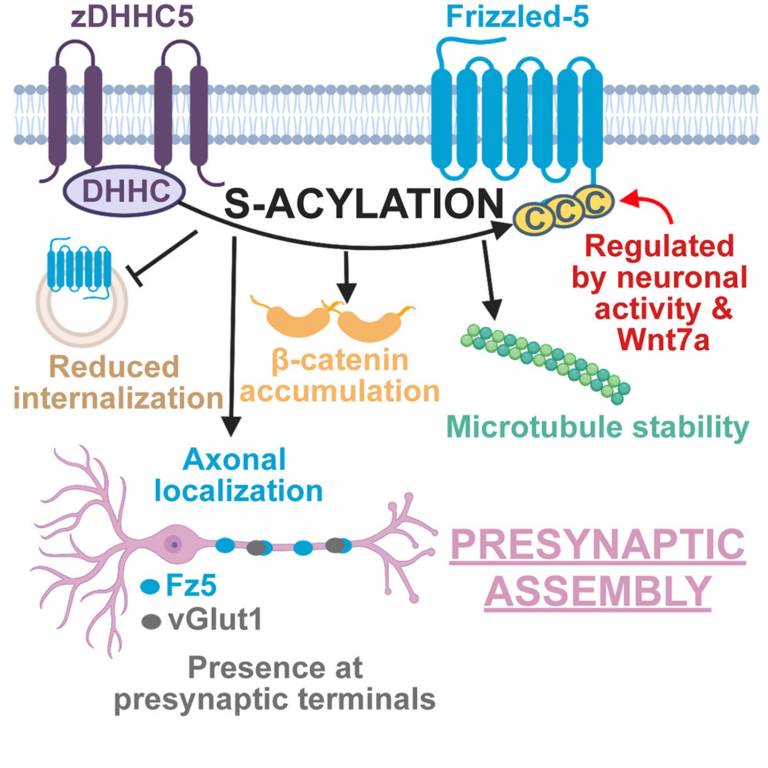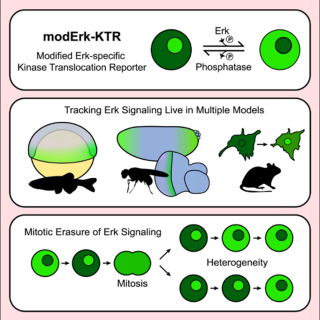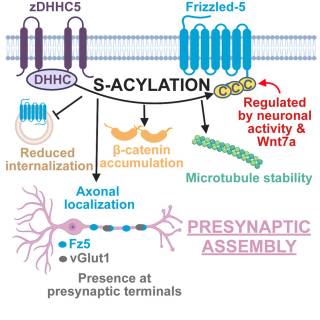CDB Recent Publications In Developmental Cell
3 November 2023
UCL Department of Cell & Developmental Biology (CDB) has been busy collaborating with various other researchers, and together have been writing up the fruits of their studies, with several publications occurring over recent weeks.


Marc Amoyel’s lab has been in collaboration with Caroline Hill from the Developmental Signalling Laboratory at The Francis Crick Institute, and her postdoc Scott Wilcockson, who drove a project relating to ERK, extracellular signal-regulated kinase.
Kinases are enzymes that add phosphate groups to other molecules. ERK is a member of a group of kinases that can mediate cell proliferation and apoptosis (‘programmed cell death’ or ‘cell suicide’).
ERK expression is critical for development, and their hyperactivation plays a major role in cancer development and progression.
Scott found that a tool used by many to monitor activity of the ERK signalling pathway also responded to cell cycle-dependent kinases, masking the response to ERK in fast-cycling tissues such as early embryos. He developed an improved reporter in zebrafish, which is now specific only to ERK, and shows the expected pattern in embryos.
The data from the project was analysed by Scott with help from Luca Guglielmi, also of the Crick, and Pablo Araguas Rodriguez, also of the CDB. Marc commented:
“Our small contribution was to make the Drosophila version of his reporter (which is available to all via the Bloomington Drosophila Stock Center) and validate it in flies“.
This work was supported by the Francis Crick Institute, which receives its core funding from Cancer Research UK, the UK Medical Research Council, and the Wellcome Trust; a UCL/Wellcome Trust Institutional Support Fund Grant; and an MRC Career Development Award to Marc Amoyel. Further details are available at: https://www.sciencedirect.com/science/article/pii/S1534580723004367.

Patricia Salinas and colleagues have also recently had a paper accepted in Developmental Cell, which reports for the first time that the prominent Wnt receptors, Frizzled, are palmitoylated/S-acylated, a post-translational modification that regulates receptor localisation and function.
Researchers from the CDB, namely: Samuel Teo, Alessandro Bossio, Eleanna Stamatakou, Patricia Pascual-Vargas, Megan E. Jones, Laura-Nadine Schuhmacher and Patricia C. Salinas found that deficiency in the palmitoylation and/or S-acylation of this receptor leads to decreased levels of it at the cell surface, decreased Wnt signalling and a significant impact in the formation of synaptic connections in the mouse brain.
This new finding shines a new light on the mechanisms that modulate these Wnt receptors in different cellular contexts. In the nervous system, aberrant protein S-acylation has been linked to neurological diseases such as Alzheimer’s disease, schizophrenia, intellectual disability, and major depressive disorder.
This work was supported by the BBSRC, the MRC, and Alzheimer’s Research UK. The full paper is available here: https://www.sciencedirect.com/science/article/pii/S1534580723003581?via%3Dihub .
 Close
Close

